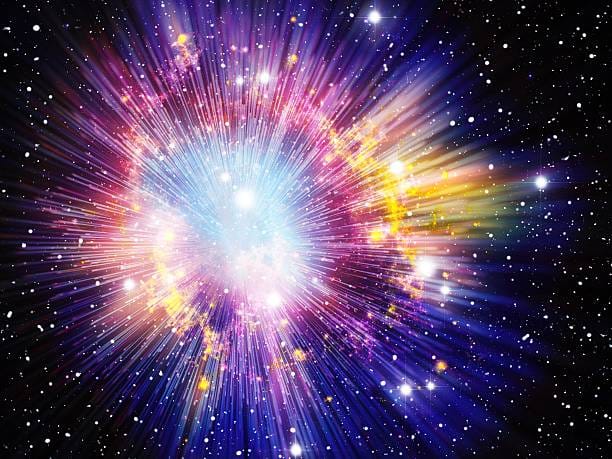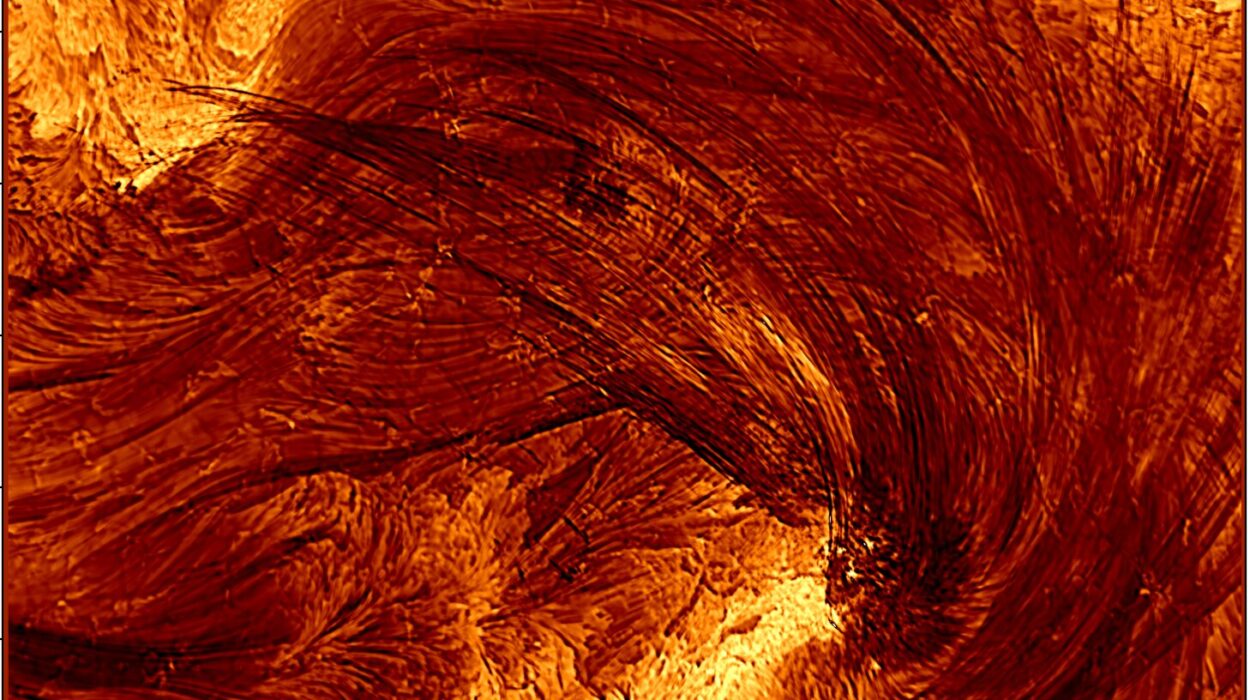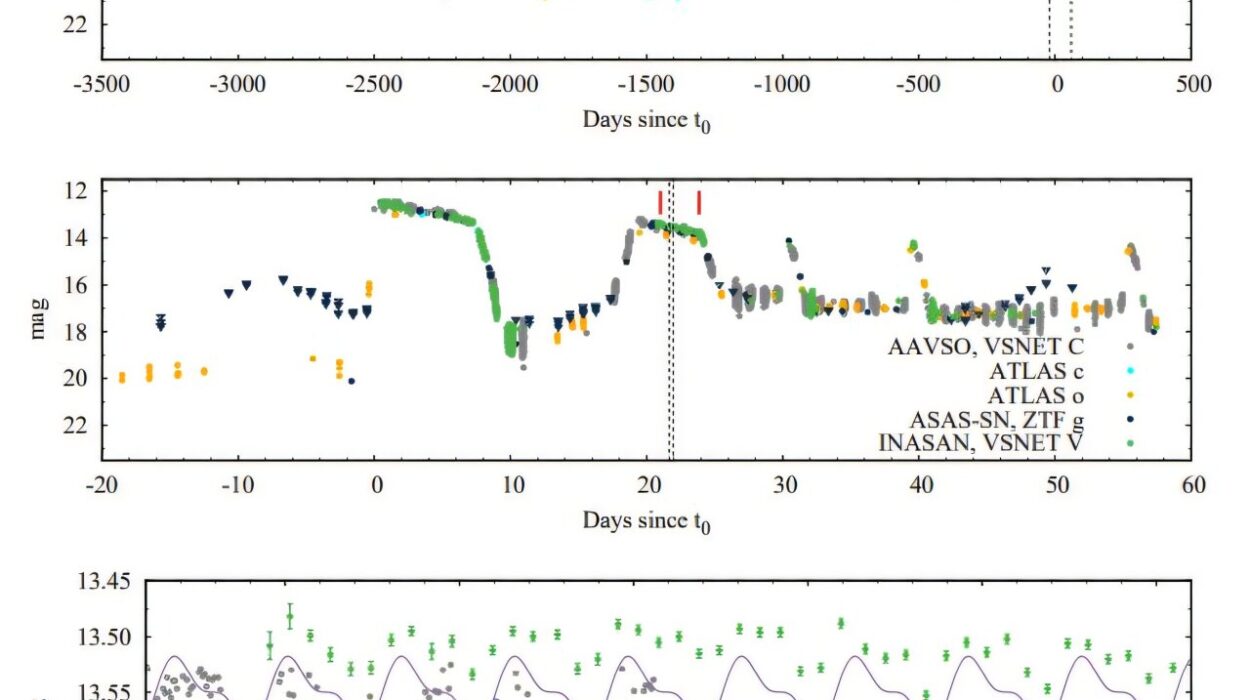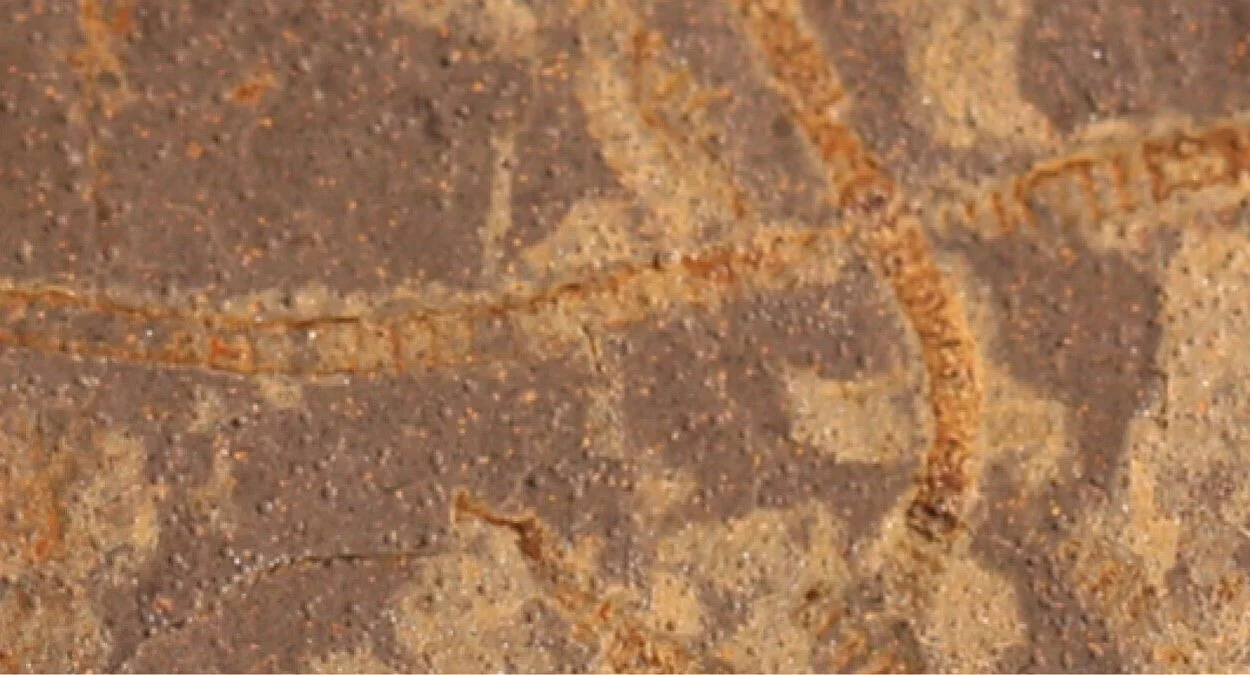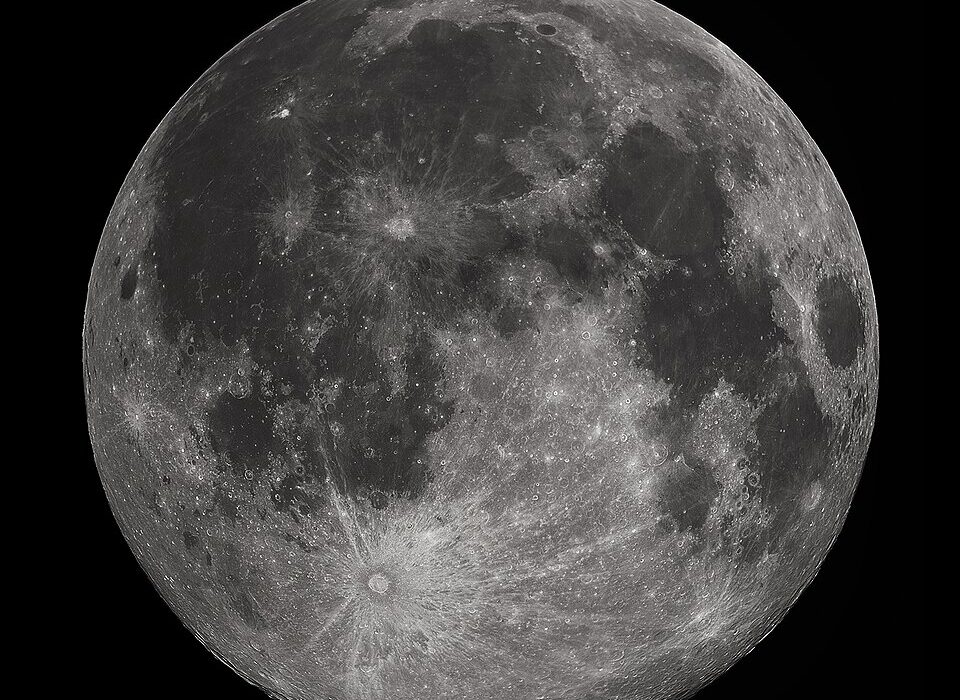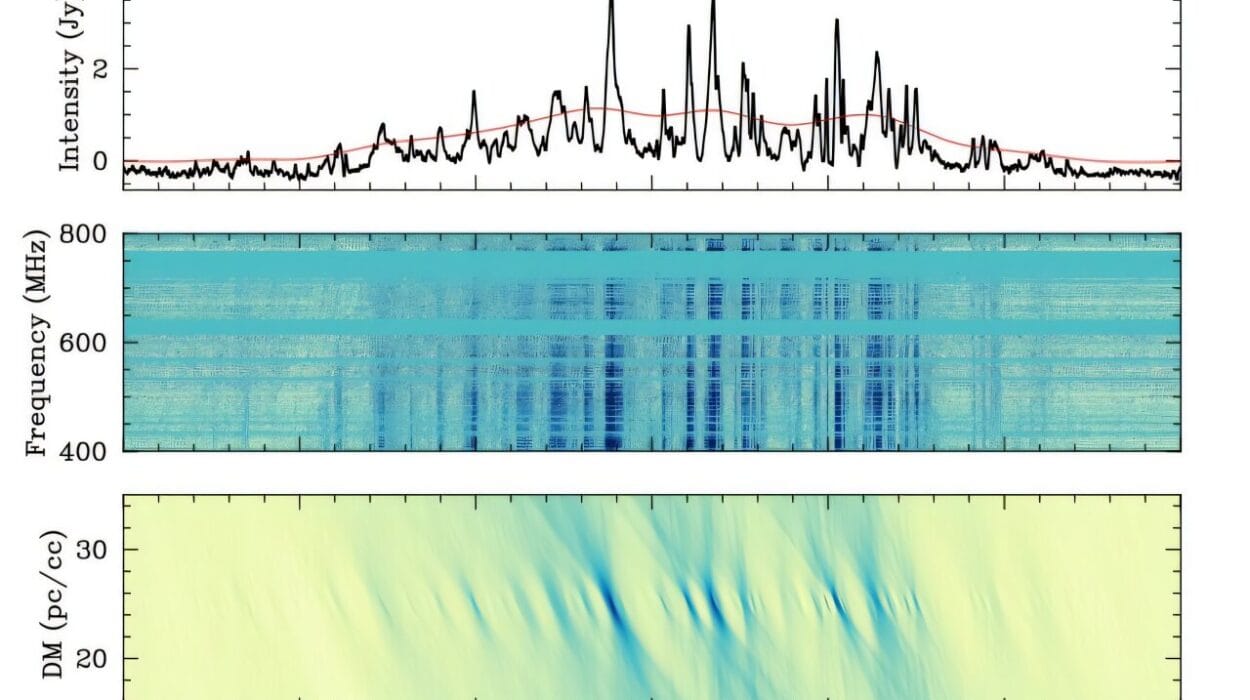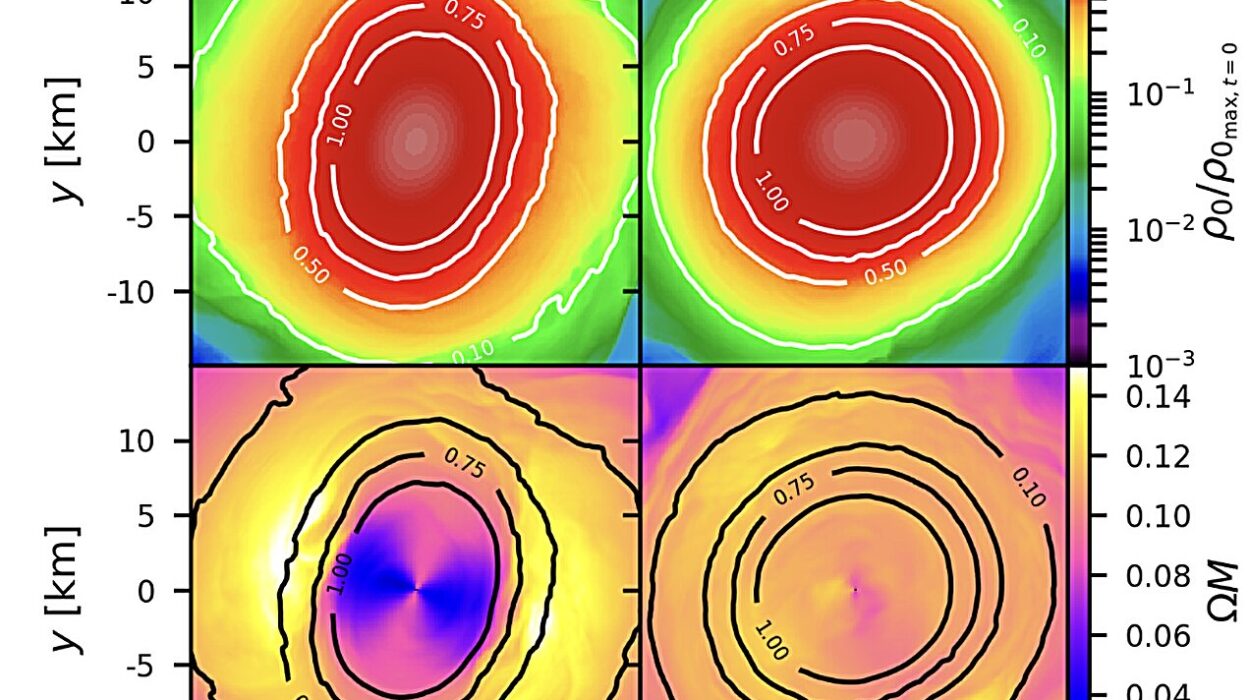Long before telescopes scanned the heavens and equations etched the fabric of space-time, humans stared into the night sky and asked a question that defies time itself: What came before everything?
Every culture has wrestled with this mystery. Ancient myths spoke of cosmic eggs, eternal gods, or primeval chaos out of which reality emerged. Philosophers debated whether the universe had always existed or had a definitive beginning. Then, in the twentieth century, science gave the cosmos a birthdate: about 13.8 billion years ago, in a moment we call the Big Bang.
Yet the Big Bang itself raised a deeper puzzle. If the universe began with that event, what—if anything—was there before? Did time even exist prior to that cosmic dawn, or is the question itself meaningless? To approach this enigma is to walk along the very edge of human understanding, where physics, philosophy, and imagination intertwine.
The Birth of Everything: Understanding the Big Bang
The Big Bang is not just a theory of cosmic expansion—it is the moment when our universe, with its vast galaxies and tiny atoms, burst into being from an unimaginably hot and dense state. About 13.8 billion years ago, space itself began stretching, carrying matter and energy outward like ripples on a pond.
Contrary to common imagery, the Big Bang was not an explosion in empty space. It was the creation of space and time themselves. Before it, there was no place for the universe to expand into, no ticking clock to measure events.
Our understanding of this moment comes from tracing cosmic history backward. The galaxies we see today are racing away from each other, meaning that in the distant past, they were much closer together. As we rewind cosmic time, the universe grows denser and hotter until we reach a boundary where our current laws of physics collapse: a singularity.
This singularity represents a frontier of knowledge. It’s where space-time curvature becomes infinite and quantum effects dominate. Standard physics cannot describe what happens there. This is the shadowy veil we face when asking what came “before” the universe’s beginning.
The Problem of “Before”
To understand why the question is so challenging, consider the nature of time itself. Time is not an independent stage upon which events play out—it is woven into the fabric of the universe, shaped by gravity and energy. If the Big Bang marks the birth of space and time, asking what came before may be like asking what lies north of the North Pole.
This analogy, famously used by Stephen Hawking, suggests that the beginning of the universe might not have a “before.” Time itself could be finite yet unbounded, like the surface of a sphere with no edge. The Big Bang would then be the first moment of time, with no earlier moments to speak of.
However, not all physicists agree that this is the final word. Modern theories of quantum gravity, cosmic inflation, and multiverses hint at deeper realities where the notion of “before” may yet have meaning.
Quantum Beginnings: When Physics Becomes Fuzzy
As we approach the universe’s earliest fractions of a second, the rules of classical physics give way to quantum uncertainty. At the Planck time—just 10−4310^{-43} seconds after the Big Bang—quantum effects of gravity become unavoidable. Here, space and time may have fluctuated like a restless ocean, with no smooth geometry as we know it.
Quantum cosmology proposes that the universe could have emerged from a quantum tunneling event. Imagine a primordial quantum “nothing”—not empty space, but the absence of space and time—suddenly giving birth to a universe through a quantum fluctuation.
In this view, “before” the Big Bang might not mean a prior time but a timeless quantum state. The universe could be self-contained, with no beginning or cause in the usual sense. Hawking and James Hartle’s “no-boundary proposal” describes this idea mathematically: the universe is finite in time but has no boundary where it starts, just as Earth has no boundary at its North Pole.
Eternal Inflation: A Universe Without Beginning?
Another line of thought comes from inflation theory. Shortly after the Big Bang, the universe is believed to have undergone a brief period of exponential expansion. This inflationary phase explains why the cosmos looks so uniform and flat today.
But inflationary models often predict that inflation itself is eternal. While our observable universe stopped inflating and formed galaxies and stars, other regions may still be inflating, endlessly budding off new universes. This process creates a multiverse—a vast cosmic foam where countless universes are born.
If inflation is truly eternal, the Big Bang we know might not be the first. Our universe could be just one bubble in an endless cosmic sea, with no absolute beginning. Some versions of inflation theory even suggest there was no first bubble at all—just an infinite chain of universes spawning new ones without end.
Cyclic Universes: The Cosmos Reborn
The idea of multiple cosmic cycles is ancient, found in Hindu cosmology and echoed in modern physics. Some cosmological models suggest that the universe undergoes repeated phases of expansion and contraction.
In these models, the Big Bang is not a unique birth but a “bounce,” following the collapse of a previous universe. Gravity eventually halts cosmic expansion and pulls everything back into a dense state, triggering a new bang and a new era of cosmic evolution.
Such cyclic models bypass the singularity problem. Instead of an absolute beginning, time stretches infinitely into the past and future, with universes continually dying and being reborn. While this idea is elegant, evidence for cosmic cycles remains elusive. Current observations show that our universe’s expansion is accelerating, making a future collapse unlikely under known physics.
The Puzzle of Nothingness
Perhaps the most perplexing aspect of asking “What was before the universe?” is confronting the concept of nothingness. What does it mean for “nothing” to exist?
In everyday language, nothing means emptiness—no matter, no energy, no space. But physics reveals that even a perfect vacuum seethes with quantum fluctuations. Pairs of particles pop in and out of existence. This quantum activity suggests that absolute nothingness, a state with no laws, no quantum fields, and no potential for existence, may be impossible.
Some physicists argue that the universe arose from “nothing” in a scientific sense: from a state with no classical space and time but governed by quantum laws that allowed spontaneous creation. Critics counter that this is not truly nothing—it’s a quantum something.
The debate touches on the boundary between science and philosophy. It forces us to ask whether explaining the universe’s origin scientifically requires explaining the origin of physical laws themselves. Can laws exist without a universe to inhabit?
The Role of Time: Did It Begin with the Universe?
A growing number of cosmologists believe that time itself began with the universe. In this view, asking what came before is like asking what’s earlier than the first instant of a stopwatch—it’s a meaningless question because “earlier” didn’t exist.
This idea stems from general relativity, where time is not separate from space but part of a four-dimensional continuum. At the Big Bang, this continuum came into existence. The notion of a prior time assumes a background clock independent of the universe, but physics provides no evidence for such a clock.
Quantum gravity theories, such as loop quantum gravity, go further. They suggest that time might be emergent rather than fundamental—a property that arises only when the universe reaches a certain scale of complexity. Before that, “timeless” quantum states may dominate, with no distinction between past and future.
Multiverse and Pre-Big Bang Physics
One of the boldest ideas in modern cosmology is that our universe is part of a multiverse—a vast ensemble of universes, each with its own physical constants and laws.
In string theory, for example, extra dimensions beyond the familiar three of space and one of time could allow for “brane collisions,” where two higher-dimensional objects collide, triggering a Big Bang in a lower-dimensional slice like ours. This “ekpyrotic” scenario implies that before our universe, there was another brane universe, making our cosmic birth the result of a pre-existing reality.
Other multiverse concepts arise from eternal inflation, as discussed earlier. Together, these theories suggest that what we call the beginning of our universe may just be a local event within a grander, eternal cosmic landscape.
The Limits of Scientific Inquiry
Despite these daring ideas, we must acknowledge the limits of current science. We cannot observe beyond the cosmic horizon, nor can we rewind time beyond the Planck epoch. Theoretical models of pre-Big Bang physics remain speculative.
Yet science has often advanced by pushing past apparent limits. Quantum mechanics and relativity once seemed inconceivable. Future breakthroughs—perhaps a unified theory of quantum gravity—may reveal answers to what came before the universe or whether such a question is even meaningful.
Philosophical and Spiritual Perspectives
While physics searches for mathematical descriptions, philosophy and spirituality grapple with deeper meanings. Philosophers question whether an infinite regress of causes can explain existence or whether a “first cause” is necessary. Some suggest the universe exists because existence is simpler than true nothingness—a principle of plenitude where all that can exist does exist.
Spiritual traditions often personify this first cause as a creator or divine ground of being. Others see the universe itself as eternal and self-sufficient, needing no creator.
Even some scientists, like Einstein, spoke in reverent tones about the mystery of existence. “The most incomprehensible thing about the universe,” he said, “is that it is comprehensible.” The fact that there is something rather than nothing, that laws of nature exist and can give rise to conscious beings asking these questions, remains one of the deepest wonders.
The Human Quest for Origins
Ultimately, asking what was before the beginning of the universe is as much about us as it is about the cosmos. It reflects our yearning to understand where we come from and why anything exists at all.
Whether the answer lies in quantum tunneling, eternal inflation, cyclic bounces, or concepts beyond current imagination, the question drives exploration. It fuels the development of powerful telescopes, particle accelerators, and theories that stretch the limits of mathematics.
It also invites humility. Perhaps our minds, shaped by survival on a small planet, can only glimpse fragments of the ultimate reality. The true nature of cosmic origins may elude full comprehension, yet the pursuit itself enriches our existence.
A Beginning Without an End
As science stands today, the safest answer is that time itself began with the Big Bang, making “before” meaningless. Yet frontier theories hint at deeper structures where time and space may emerge from a timeless, eternal reality.
Whether or not we ever uncover a definitive answer, the question transforms us. It expands our perspective, reminding us that the universe is not just stars and galaxies but a profound mystery tied to existence itself.
Perhaps what lies “before” the universe is not something we can map or measure but something woven into the very fact that we can ask. As we gaze into the night sky, seeing light that has traveled billions of years, we are touching the edges of time. In that silent vastness, the mystery remains, beckoning us toward understanding without end.
